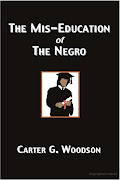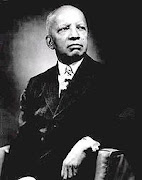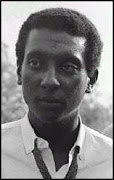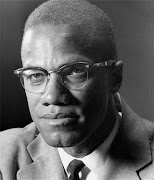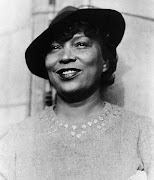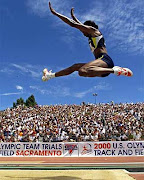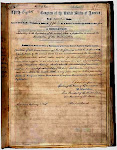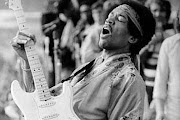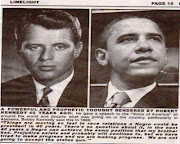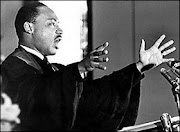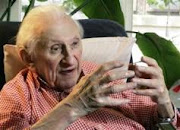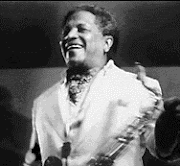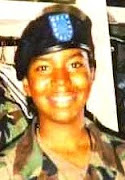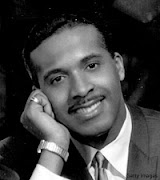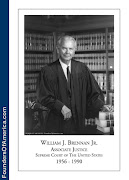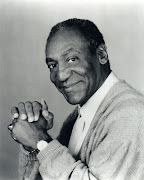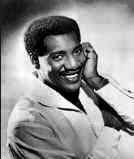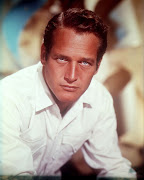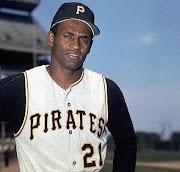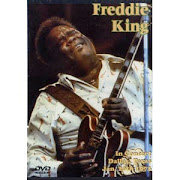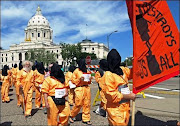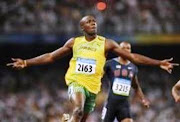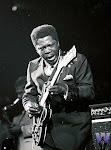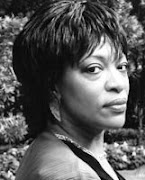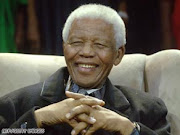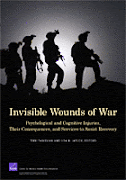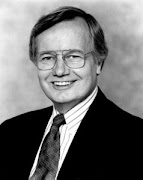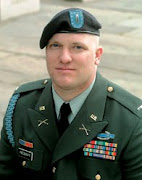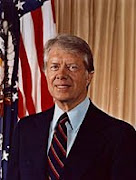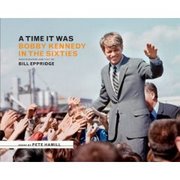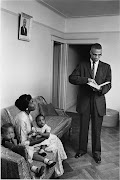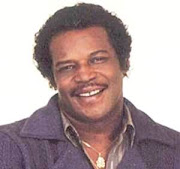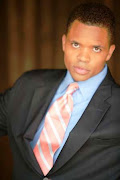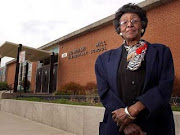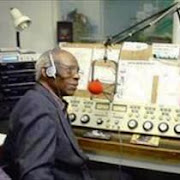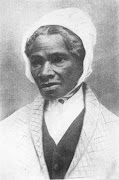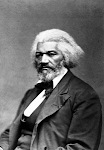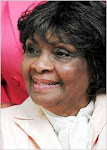 Today, the daddy is feeling my many friends who come to my blog regularly but refuse to leave a comment. Perhaps they believe that communicating with him on his blog will somehow adversely affect their relationship or make it less meaningful. So they phone or e-mail to let him know what they think (and to correct his grammar).
Today, the daddy is feeling my many friends who come to my blog regularly but refuse to leave a comment. Perhaps they believe that communicating with him on his blog will somehow adversely affect their relationship or make it less meaningful. So they phone or e-mail to let him know what they think (and to correct his grammar).
What they've been saying lately is that they have post-election fatigue and, therefore, don't want to read political post or posts about the terrible economy. No, they want to hear something different, something positive, something sweet. The daddy hears you. So, in the words of Roberta Flack, the daddy will kill you softly, but he promises to make it soulful and bittersweet.
Today, the daddy is re-posting a piece about an artist all my friends love--Nina Simone. Okay, guys, here you go. By the way, you can still comment on my blog. We'll still be close.
Nina Simone and the sweetest song the daddy ever heard?
by the daddy
Listen up. The daddy's got a question for you: what’s the loveliest, sweetest song you ever heard? The daddy’s got a few nominees for you. In a CD called “Aretha Franklin’s Gospel Greats,” recorded in a black church in Cleveland, with the famous Rev. James Cleveland and the Southern Community Choir, Aretha sang “Amazing Grace” with such passion and with such power that she left no doubt who the greatest soul singer is ever, man or woman. The sister moaned to the floor, preached to the congregation, and, with head up and hands outstretched, testified to the lawd above, saying, "Yes, I once/ was lost. But now/ now I'm found/ My savior/I know he leads/ leads me on."
On the CD "Pain in my heart,", the late Otis Redding sang “You send me,” a Sam Cooke hit. And, yes, Cooke had the smoother voice, but Otis had a more powerful, more soulful voice. And Otis had something else: a tighter band of southern studio musicians who played with such soul that it made you feel guilty for not attending church as much as you should. Duck Dunn on bass, Booker T from Booker T and the MGS, Steve Cropper on guitar, and the Memphis Horns, the baadest group of horn players around at the time. With this tight group, Otis gospel voice, and the song's sweet, honest lyrics, “You send me” couldn’t miss. Though overlooked by critics, it is one of the sweetest ballads ever recorded.
But the daddy heard his sweetest song ever at a house party. You know this type of party: The party where a couple of your male friends invite you because they want you to get married, have children and live in the suburbs like they do;where one of your male friend's girlfriend wants you to date her sister or cousin so you'll settle down and stop taking her boyfriend around clubs where single, attractive, and available sisters are in abundance; the kind of party where you walk in the door with very dim lights and five or so couples dancing so close you’re sure that at least one of the women is going to get pregnant right on that dance floor (if she isn’t already); the kind of party where singer Marvin Gay welcomes you by saying “Let’s Get it on” and makes it plain as a country black preacher that he wants him some "Sexual healing."
This is the kind of party where Junior Walker of Junior Walker and the All Stars rap hard and long and, getting a little frustrated, ask:
“What does it take/
to win your love for me/
How can I make/
this dream come true for me/
I just got to know/
Ooh, baby cause I love you so/
I’m gonna blow for you/"
It's the kind of party where the Isley Brothers ask, “Who’s that lady” and, after a few moments of conversation and two glasses of wine, is whispering into her ear, confessing, “I want to groove with you... between the sheets."
It's the kind of party where two females show up unaccompanied, where even Ray Charles on heroin could see that this is a set-up by your friends and that they have an agenda of their own. Yes, eyes may be closed while moving slow on the dance floor, but, otherwise, eyes are open and every thing comes at a price.

This is why the daddy never stays at these parties longer than to say hello, have a drink, and eat up the appetizers (Note: the daddy has been known to stuff cheese and grapes in his pockets on the way out); and this is why the daddy was heading toward the door when he heard this song that made him stop in his tracks, the one song that wasn't about making out so much as making time; that wasn't about manipulating a woman into bed but consciously hearing her gentle plea to be rescued from an abusive relationship.
The daddy knew this voice. It was Nina: The Nina who played piano as a child to support her family, yes, Nina the woman-child genius who, after finishing Juliard, was denied entrance into another music school solely because she was black, the Nina who got so fed with American racism that she left the country and moved to France; the Nina who told us we were "young, gifted and black;" the Nina who, from distant shores, decried American racism, shouting "Mississippi Goddamn;" the Nina who, through concerts in America and around the world, supported Dr. King so his organization, the Southern Christian Conference (SCLC), would have the funds to get peaceful protesters out of jail, pay staff and travel; the Nina who--wherever she went-- never left us. That’s why, even at a make out house party, everyone stopped to hear her melancholy plea to Porgy:
I loves you, Porgy,
Don' let him take me,
Don' let him handle me an' drive me mad.
If you kin keep me,
I wants to stay here wid you forever,
An' I'd be glad.
I loves you, Porgy,
Don' let him take me
Don' let him handle me
With his hot han'
If you kin keep me
I wants to stay here wid you forever.
I got my man.
That's why you could hear a pin drop when she soloed on the piano, her long, dark fingers gently sliding across white ivories, transferring voice to fingers and moving us in a way no amount of Absolute vodka or the soft, inviting hips of an "available" companion ever could.
That's why the daddy whispered to the host to put the song on repeat and promptly grabbed a woman's hand and began dancing.
Shortly afterwards, the daddy left the party. But he wasn’t alone. Nina was still with him.What's the sweetest song you ever heard?

 "The role of a writer is not to say what we can all say, but what we are unable to say."
"The role of a writer is not to say what we can all say, but what we are unable to say."




































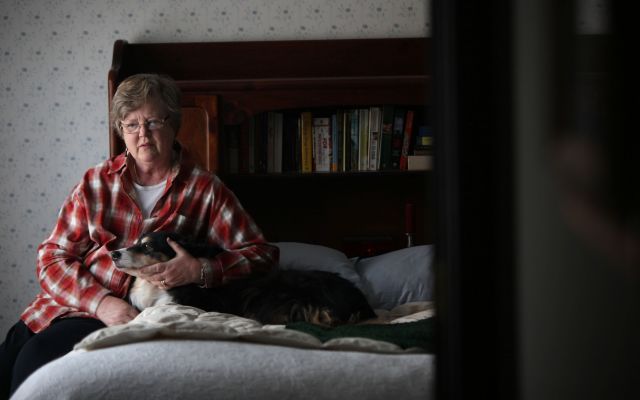
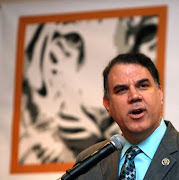
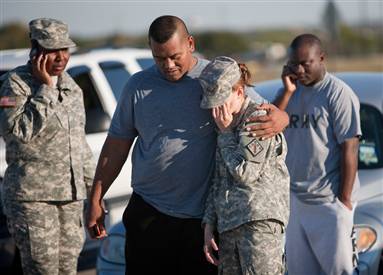

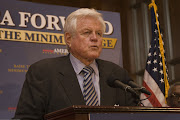


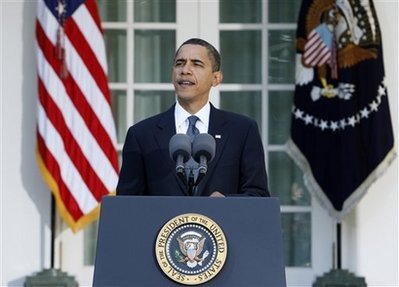





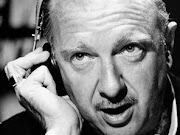
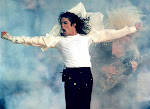
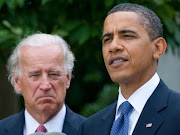
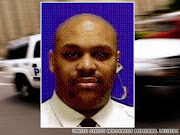
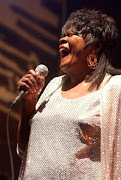
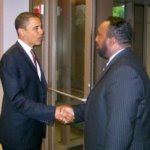




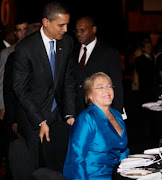


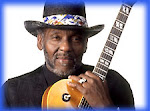
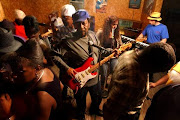

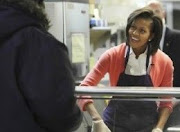

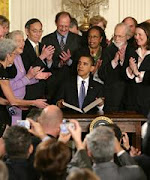
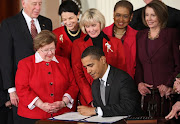






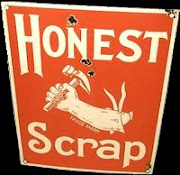





.gif)


